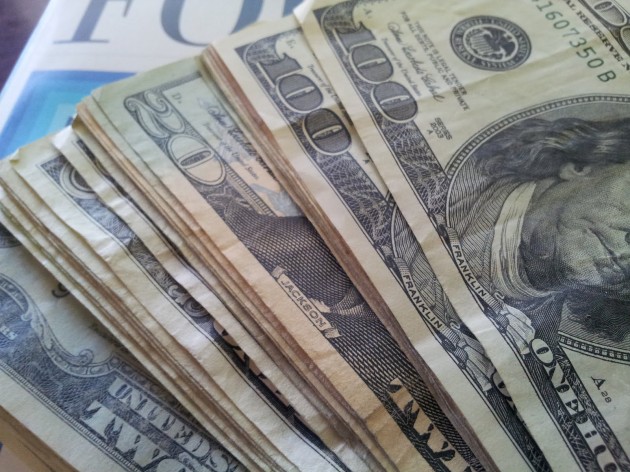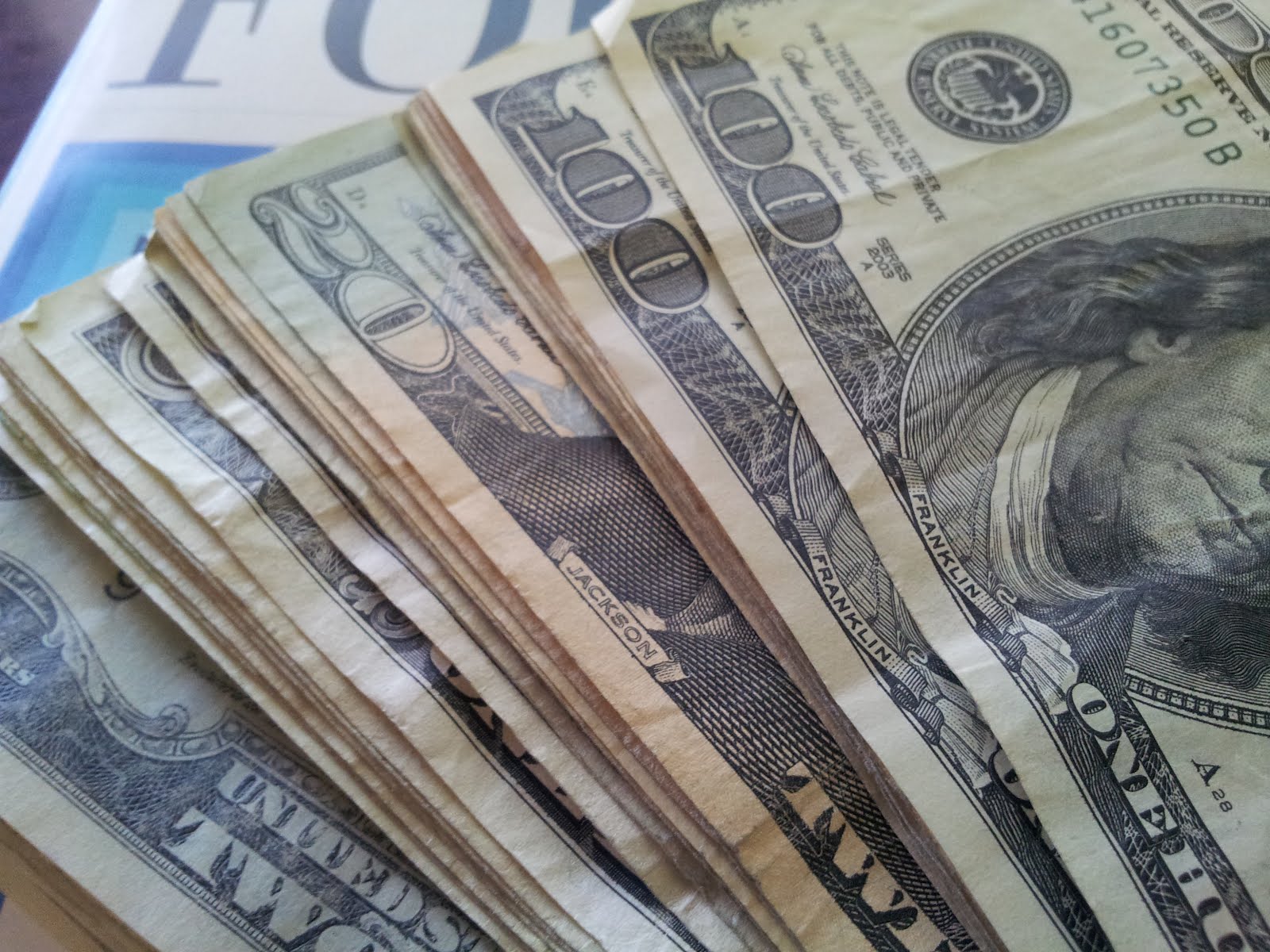One old definition of “being rich” is when your money earns money. This afternoon, I was writing a piece and reviewing the dividend yields on some of the common stock holdings owned by my household personally, outside of the business, when I began quantifying that in the back of my mind. How much would it take to demonstrably meet that threshold? It would make an interesting post.

If you said you wanted to make money on your money, how high would your net worth need to be for you to earn more than the median American household?
The best place to start is where most of you, and I, live: The United States. We know the median American family earns around $52,000 per year. At that point, half of households earn more than you, half earn less than you. This typical household unit consists of two people working, most without a college degree, raising a couple of kids. That is our baseline that we can use to determine how rich is rich.
Treasury Bond or Blue Chip Stock Dividend Yields: If you wanted your interest on your interest to generate that amount, it would take $32,500,000 in net worth. That is the point at which your annual interest, at 4%, would equal $1,300,000. The interest on that interest at the same 4% would be $52,000.
Real Estate Yields: If you owned a portfolio of properties that were completely debt free, and you generated cash dividends of 8% per annum on your holdings after accounting for reinvestment needs to cover depreciation and other factors, it would take an $8,125,000 net worth to meet our threshold. You would generate $650,000 in net rent dividends per year, which would generate $52,000 had they been reinvested at the same rate.
Private Business Investments: The typical corporation in the United States earns 12% on book value after taxes. Using average tax rates, we could equate that with 15% pre-tax operating profit on net book value. In such a case, if you were the owner of a company that had $2,311,000 or so in private market value generating those returns, you’d meet the same threshold.
Thus, the figure for earning money on your money falls somewhere between $2.3 million and $32.5 million in net worth.
See the problem? Saying you are rich when you are earning money on your money is ambiguous because the rate of return assumption has a significant influence on the ultimate results. This is a common problem to anyone in finance who has to deal with discount rates or return estimates when estimating pension liabilities and funding status for GAAP compliant filings.
Take the Passive Income Approach to Getting Rich
This is another reason I think the best way to determine your financial standing is to look at your household income, especially that generated from dividends, interest, and rents or other sources of passive cash flow.
[mainbodyad]In 2009, the most recent data we have available, a person in the top 1% of tax payers reported household income of $28,670 per month. At that point, you are earning more than 99 out of 100 American citizens. That works out to $344,000 before taxes annually.
If you want to be rich, that is probably the best place to start. Target $28,670 per month in passive household income. No one will ever know your name. You will never be in Fortune Magazine. Your family and friends probably won’t even know you have money if you opt for stealth wealth. However, you will be generating more money than 99 out of every 100 people in one of the richest societies in human history.
Everyone has to start somewhere. I still remember when I signed my first contract and began collecting $500 per month royalty checks as a teenager. I still remember the first time my household income crossed the $10,000 per month level even if I didn’t work a single hour all month. Treat it like a challenge. Pursue it. Have fun with it. It is no different than leveling up in any video game. It may take several years, and it will be harder than you think, but millions of people have done it. Don’t give up.



